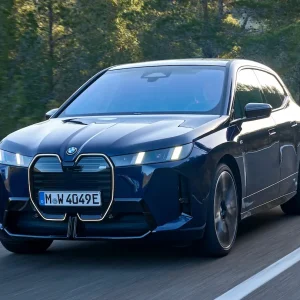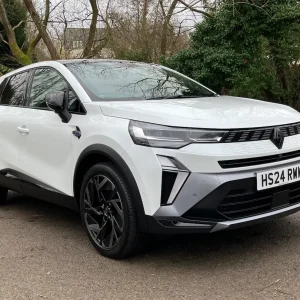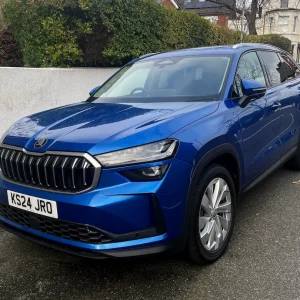Hyundai is hoping the i40 will be the car to prove it can compete with the best in the corporate market.
The smart looking estate, to be joined by a saloon before the end of the year, comes with a pair of diesel engines under 120g/km for CO2 emissions and both a kit list, and importantly, whole life costs, to worry the established players.
Though it starts at a significantly lower P11D price than the business car favourites listed below, the i40 has a better predicted residual value than any of them, including the Passat. That’s the main reason behind its impressive costs victory, beating the VW into second place by a whopping 4.4p per mile, according to Kwik Carcost.
The 113hp version of the 1.7 diesel driven here offers 65.7mpg and CO2 emissions of just 113g/km, matching the best in class for this upper medium estate car segment.
There’s also a 136hp version at 119g/km and 62.8mpg, available in both the base Active and mid-spec Style trim levels. The latter may well be the best all-round business car option. The lower-powered model offers moderate rather than sparkling performance, and the 119g/km 136hp Style model comes with navigation, cruise control, rear parking camera and front parking sensors, privacy glass, auto wipers, dual-zone climate control and electric driver’s seat for £22,240.
But the entry car is certainly not basic, toting 16-inch alloys, seven airbags, auto lights, Bluetooth and a leather steering wheel amongst other goodies.
To drive, the i40’s ride quality is impressive, though the electric steering less so, providing a severe lack of feedback. Refinement is also good, though the 113hp engine needs to be worked hard under acceleration, at which point it becomes quite vocal. Interior quality is impressive for a supposed budget brand, with soft-touch materials around the cabin surface.
The rear seats have an absolutely enormous amount of legroom, with four adults able to travel in positive luxury, while the boot space is equally impressive at 553 litres, beating the Ford Mondeo estate by 25 litres. Hyundai also claims the loading height is lower than rival models.
The i40 marks a key point for Hyundai in the UK. The firm has big growth ambitions here, and an important part of that is bigger penetration of the corporate sector.
The i40 will be the first Hyundai that will have fleet sales making up more than half of its total, and the early signs are that this is a car that should achieve Hyundai’s goals. The efficiency, quality, running costs, looks and equipment are all more impressive than anything the Korean brand has brought to the UK before, and if people are willing to look beyond the badge, there’s a very good business car lurking underneath.
|
||||||||||||||||||||||||||||||||||||||||
Follow BusinessCar on TWITTER





